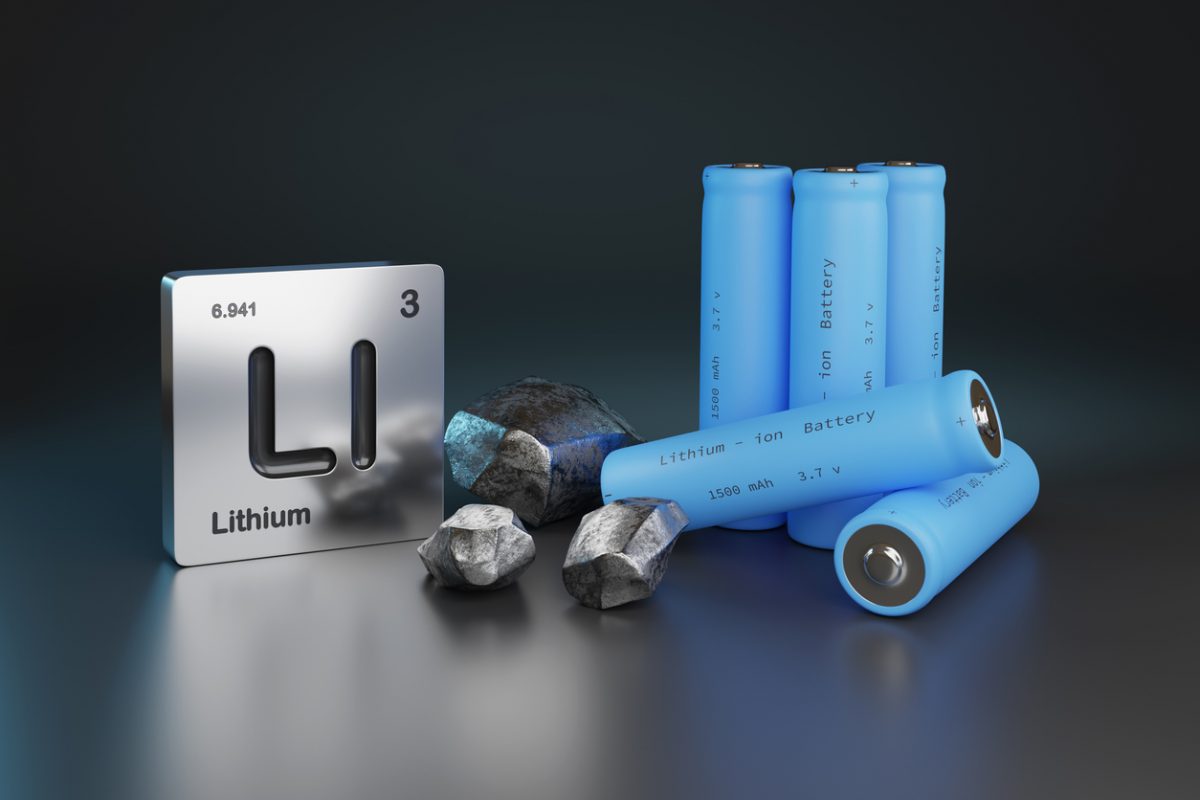Critical mineral supply chains are also part of the funding.
The U.S. Department of Energy (DOE) has announced to allocate up to $3.5 billion to projects and businesses to advance domestic battery production and battery mineral supply chains. With the funding, ventures across the entire value chain will be supported, from mineral processing to the final production of the battery, according to the DOE statement. U.S. Secretary of Energy Jennifer M. Granholm emphasized that these efforts would help increase “global competitiveness, maintain and create good-paying jobs, and strengthen [the U.S.] clean energy economy.” The DOE emphasized it would prioritize next-generation technologies and battery chemistries in addition to lithium-based technologies. Especially important are ventures for separating battery-grade critical materials and ventures that aim to expand production facilities for cathode and anode materials production. Raw materials necessary for these projects include, besides lithium, the cathode material graphite and the battery metal nickel.
The U.S. currently depends on imports of both raw materials. China, the world’s largest graphite producer, announced export restrictions in October, which could affect global supply. Good news, on the other hand, in terms of nickel. With Indonesia, one of the most important producers, the U.S. is closing in on a critical minerals trade agreement. President Joe Biden spoke of a “new era of relations” following a meeting with his Indonesia counterpart, Joko Widodo.
The now-announced funding is part of President Biden’s Investing in America agenda, aimed at creating jobs and electrifying the U.S. economy. This agenda also includes the $15.5 billion funding and loan package for domestic electric vehicle production and the recent unveiling of 31 tech hubs across the country.
Photo: jroballo


